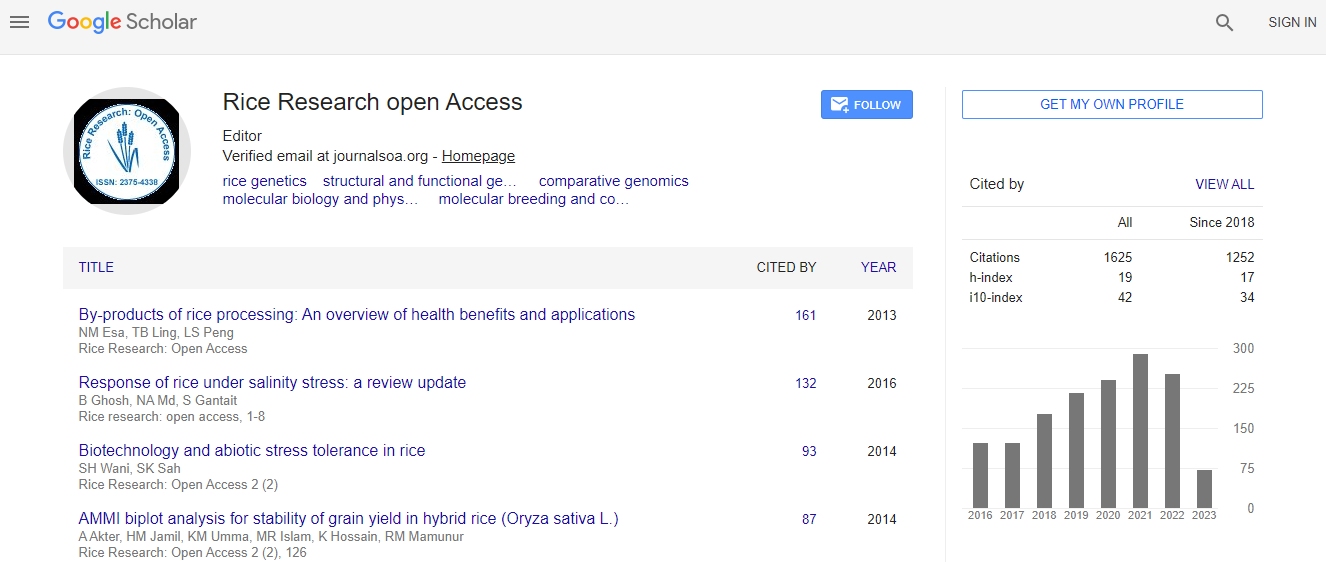Effect Of Rice Peptide Beverage Combined With Light Walking Exercise On Body Fat Parameters In Japanese Subjects
*Corresponding Author:
Copyright: © 2019 . This is an open-access article distributed under the terms of the Creative Commons Attribution License, which permits unrestricted use, distribution, and reproduction in any medium, provided the original author and source are credited.
Abstract
Various branched chain amino acids and peptides are thought to enhance physical performance or energy consumption. Rice peptide (RP) is a hydrolyzed peptide derived from rice endosperm protein. RP has been suggested to reduce body fat by enhancing fat metabolism in muscle, but the effects of RP on body fat parameters have not been evaluated in humans. We conducted a double-blind placebo-controlled study to investigate the influence of RP supplementation combined with light walking exercise on body fat parameters in Japanese women. Subjects ingested a beverage containing RP (600 mg) or a placebo beverage for 8 weeks (10 subjects each) and walked 1.3 times more steps daily than usual during the intervention period. The subjects had a body mass index (BMI) of 25 to 30 kg/m2 and a waist circumference of at least 85 cm. Before intervention and after 4 and 8 weeks of intervention, the body weight, body fat composition, metabolic rate, abdominal fat area (on CT scans), and neck, arm, and thigh circumferences were measured. For evaluation of the safety of RP, hematology tests, blood chemistry tests, and urinalysis were also performed. After 8 weeks, the visceral fat area on CT was significantly reduced in both groups compared with before intervention, but there was no significant difference between the RP and placebo groups. Body weight, BMI, lean mass, muscle mass, and basal metabolic rate were all significantly reduced in the placebo group after 8 weeks, while these parameters did not change significantly in the RP group. There were no abnormalities of blood and urine data suggesting adverse effects in either group. In conclusion, intake of RP did not enhance body fat reduction in Japanese women performing light walking exercise.

 Spanish
Spanish  Chinese
Chinese  Russian
Russian  German
German  French
French  Japanese
Japanese  Portuguese
Portuguese  Hindi
Hindi 
